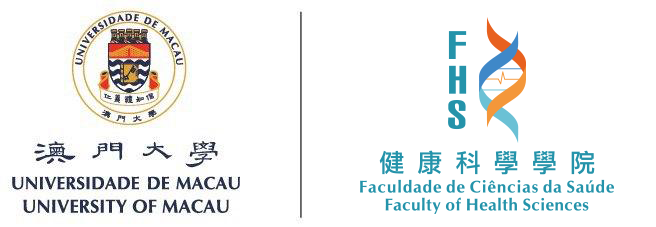Contact Information

Title
Assistant Professor
Office
(Office) E12-3015
Phone
(Office) +853 8822 9924
Consultation Hours
Tue, Fri 10:00 – 11:00
Teaching
Research Team
| Name | Position | Office | Phone | |
|---|---|---|---|---|
| Rong DING | Research Assistant | E12-3058 | +853 8822 9105 | rongding@um.edu.mo |
| Yulei DU | Research Assistant | E12-3058 | +853 8822 9105 | yuleidu@um.edu.mo |
| Jiaqi CHEN | PhD Student | |||
| Na LIN | PhD Student | |||
| Yuqing REN | PhD Student | |||
| Zeren YIN | PhD Student |
| Education | |
| PhD | The Hong Kong University of Science and Technology (HKUST), Hong Kong, China, 2014 |
| BSc | Sun Yat-sen University, Guangzhou, China, 2009 |
| Position | |
| 01/2023 – Present | Assistant Professor, Faculty of Health Sciences, University of Macau |
| 07/2021 – 12/2022 | Research Assistant Professor, Department of Surgery, CUHK |
| 09/2019 – 07/2021 | Scientific Officer, Department of Surgery, CUHK |
| 03/2019 – 09/2019 | Scientific Officer, Department of Anatomical and Cellular Pathology, CUHK |
| 03/2014 – 03/2019 | Postdoctoral Fellow, Department of Anatomical and Cellular Pathology, The Chinese University of Hong Kong (CUHK) |
| Research Interests |
|
| Representative Publications |
|
| Research Grants | |
| 2021/2022 | A Bioinformatic Modelling for Synthetical Lethal Gene Interactions in HCC to Inform Actionable Genomic and Epigenetic Alterations, Direct Grant for Research |
| Professional Activities |
| Journal reviewer: Cell & Bioscience, Frontiers in Pharmacology and Frontiers in Genetics |
| Patents |
|

